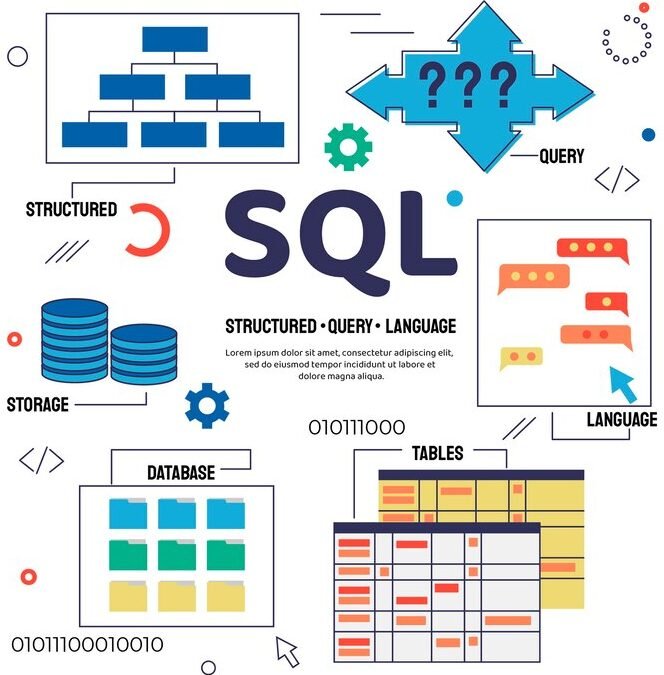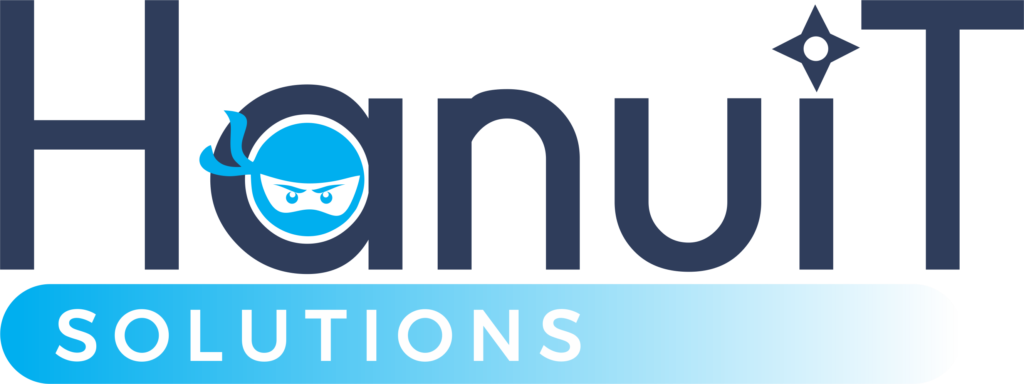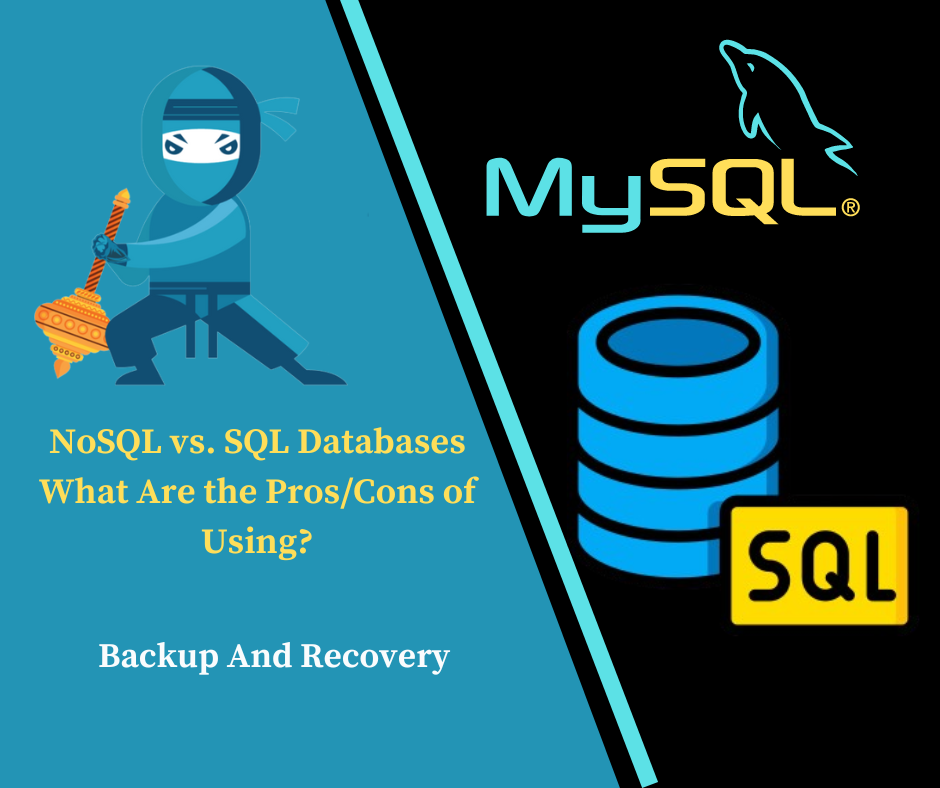What Are the Pros and Cons of Using NoSQL vs. SQL Databases
Choosing the right database for your application is a critical decision impacting performance, scalability, and development efficiency. SQL (Structured Query Language) databases and NoSQL (Not Only SQL) databases represent two different approaches to data storage and management. This article will explore the key pros and cons of using NoSQL and SQL databases to help you make an informed decision for your next project.
Understanding SQL Databases
Pros:
1. Structured Data Storage: SQL databases use a fixed schema, which ensures data consistency and accuracy. This structure is beneficial for applications requiring complex queries and transactions.
2. ACID Compliance: SQL databases typically adhere to ACID (Atomicity, Consistency, Isolation, Durability) properties, ensuring reliable transactions and data integrity.
3. Mature Technology: SQL databases have been around for decades and offer robust support, extensive documentation, and a large pool of skilled developers.
4. Powerful Query Language: SQL provides a powerful and standardized query language that supports complex queries, joins, and aggregations.
Cons:
1. Scalability Limitations: SQL databases often face challenges with horizontal scaling, which can impact performance as your application grows.
2. Schema Rigidity: The fixed schema can make it difficult to adapt to changing data requirements or structures, leading to potential issues with flexibility.
3. Overhead: Maintaining and managing a relational database can be complex, especially for large datasets or high-transaction environments.
Understanding NoSQL Databases
Pros:
1. Scalability: NoSQL databases are designed for horizontal scalability, making them well-suited for handling large volumes of data and high-traffic applications.
2. Flexibility: NoSQL databases support various data models (document, key-value, column-family, graph), allowing developers to store and manage unstructured or semi-structured data more effectively.
3. Performance: Many NoSQL databases offer optimized performance for specific use cases, such as high-speed read/write operations or real-time analytics.
Cons:
1. Consistency Challenges: Many NoSQL databases sacrifice ACID compliance for scalability, which can lead to eventual consistency issues and complexity in managing data integrity.
2. Limited Query Capabilities: NoSQL databases may not support complex queries or joins as effectively as SQL databases, which can impact data retrieval and analysis.
3. Newer Technology: As a newer technology, NoSQL databases may have less mature support and fewer resources compared to traditional SQL databases.
4. Learning Curve: The variety of NoSQL databases and their unique query languages or data models can pose a learning curve for developers familiar with SQL.
What Are SQL Databases
SQL databases, also known as relational databases, use Structured Query Language (SQL) for defining and manipulating data. They store data in structured tables with rows and columns, where each table has a predefined schema.

1. Structured Data: Data is organized into tables with a fixed schema, including data types and constraints.
2. ACID Compliance: SQL databases typically adhere to ACID (Atomicity, Consistency, Isolation, Durability) properties, ensuring reliable transactions and data integrity.
3. Relationships: SQL databases support relationships between tables through foreign keys, allowing for complex queries and data retrieval.
4. Standard Query Language: SQL provides a powerful and standardized language for querying and manipulating data, including operations like joins, aggregations, and subqueries.
Advantages of SQL Databases
Structured Data Management: SQL databases use a structured schema, making them ideal for managing and organizing large volumes of structured data.
ACID Compliance: SQL databases ensure data integrity and reliability through ACID (Atomicity, Consistency, Isolation, Durability) properties, guaranteeing that transactions are processed reliably.
Complex Queries: SQL allows for complex queries and data manipulation using structured query language, making it powerful for retrieving and analyzing data.
Data Integrity: SQL databases enforce integrity through constraints and relationships, ensuring accurate and consistent data.
Standardized Language: SQL is a widely accepted and standardized query language, making it easier for developers and administrators to work across different SQL databases.
Robust Security: SQL databases offer advanced security features, including user authentication, access control, and encryption, to protect sensitive data.
Scalability: Many SQL databases support horizontal scaling through clustering and replication, allowing them to handle increasing data loads efficiently.
Backup and Recovery: SQL databases provide reliable backup and recovery options, helping to safeguard data against loss or corruption.
Also read: How do you Measure Email Marketing ROI effectively
Examples:
MySQL
PostgreSQL
Microsoft SQL Server
Oracle Database
What Are NoSQL Databases
NoSQL databases, or “Not Only SQL” databases, offer a more flexible approach to data storage compared to traditional relational databases. They are designed to handle a variety of data models, including document, key-value, column-family, and graph formats.
1. Flexible Schema: NoSQL databases often support schema-less or dynamic schemas, allowing for more flexible data storage and adaptation to changing requirements.
2. Scalability: They are designed for horizontal scaling, meaning they can handle large volumes of data and high-traffic applications more efficiently.
3. Varied Data Models: NoSQL databases support different data models, such as:
Document Stores (e.g., MongoDB) store data in documents (e.g., JSON).
Key-value stores (e.g., Redis) store data as key-value pairs.
Column-Family Stores (e.g., Apache Cassandra) store data in columns rather than rows.
Graph Databases (e.g., Neo4j) store data as nodes and edges, optimized for relationships and graph queries.
Eventual Consistency: Many NoSQL databases prioritize availability and partition tolerance over strict consistency, using eventual consistency models to ensure data consistency over time.
Top Web Design Company in Yamuna Nagar
Examples:
MongoDB
Redis
Cassandra
Neo4j
Choosing Between SQL and NoSQL:
SQL Databases are ideal for applications requiring complex queries, structured data, and strong transactional integrity.
NoSQL Databases are suited for applications with flexible data requirements, high scalability needs, and varied data types.
FAQs
1. Can I use SQL and NoSQL databases together?
Yes, many applications use a combination of both SQL and NoSQL databases to leverage the strengths of each. This approach is known as polyglot persistence.
2. Which database is better for real-time analytics?
NoSQL databases, particularly those designed for high-speed read/write operations and flexible data models, are often better suited for real-time analytics.
3. Are NoSQL databases less secure than SQL databases?
Security features vary by database. While SQL databases typically offer strong security measures, NoSQL databases can also be secured effectively with proper configuration and practices.
4. How do I decide between SQL and NoSQL for my project?
Consider factors such as data structure, scalability needs, query complexity, and transaction requirements. Evaluate each database’s strengths and how they align with your project’s goals.
Conclusion
Both SQL and NoSQL databases offer unique advantages and disadvantages depending on your application’s requirements. SQL databases excel in scenarios that demand structured data, complex queries, and transactional integrity, while NoSQL databases are ideal for applications requiring flexibility, scalability, and high performance. Assess your project’s needs, including data structure, scalability, and query requirements, to choose the most appropriate database solution.








